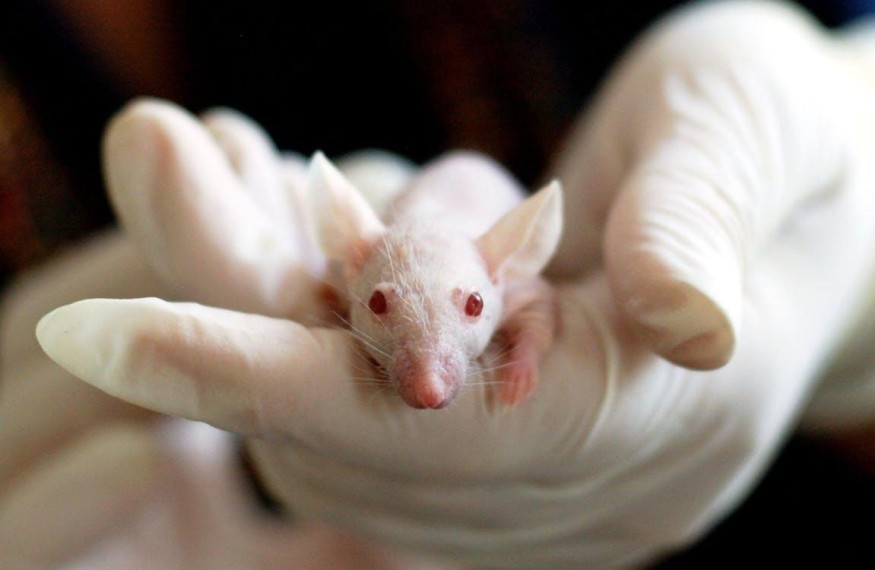
The last few decades have witnessed revolutionary breakthroughs in the world of science. Such developments come in the backdrop of great advances in technology. Biology is one of the most important arms of science. The fact that this science concerns the study of life and living organisms makes it all the more important. As you tackle your biology homework today, it is important to consider the larger picture by looking at scientific breakthroughs in the field of biology.
This guide explores a few of the breakthroughs in biology for the year 2019.
1. Why Do Humans Age?
The question of aging has dominated the world of science for centuries. The idea of the Fountain of Youth revolves around a mythical spring that can restore one's vitality and prevent aging. However, a new study by a team of researchers, the University of New South Wales led by geneticist David Sinclair has given more light into the issue.
The scientists seem to have finally answered the puzzle about aging and frailty of the body as humans age. In their study published in Cell, a biological research journal, the scientists used mice as a specimen.
Their breakthrough in their study is the identification of a key mechanism behind vascular aging and muscle.
In their study, the team observed animals treated with nicotinamide mononucleotide, or NMN exhibited enhanced blood vessel growth and reduced cell death. The treatment boosted the specimen's stamina and endurance. It also reverses a key aspect of the aging process.
The findings also show the impact of the vital coenzyme NAD+ and the critical protein SIRT1 in preventing aging.
2. Life-Extending Drugs
Another biological breakthrough in 2019 also focuses on the question of aging. A team of scientists at Mayo Clinic's Robert and Arlene Kogod Center on Aging has discovered that treating mice with senolytic drugs extends the lifespan of naturally aging mice.
The drug also prevents cell damage and restores physical function. Old mice treated with the drug lived 36 percent longer than those without the same treatment. It is a ground-breaking discovery that has excited the scientific community.
The effects of old age have a huge impact not only on an individual but on the larger society. In old age, Physical function declines, and this portends disability, a surge in health expenditures, and mortality.
For centuries, science has looked for a way to avert such decline to no avail. This is one reason the research findings by James L. Kirkland and his team have received so much attention. These findings will lead to further studies on the treatment of age-related diseases.
3. Dinosaurs Evolved Different Cooling Systems
There's a fascination with dinosaurs in the scientific world and for a good reason. The evolution of these large animals and their extinction offer lessons to modern humans.
One of the biggest problems faced by these big animals was overheating, which posed a big risk to their survival.
A study by scientists from Ohio University's Heritage College of Osteopathic Medicine evolved cooling systems independently to resolve the problem. These findings give a new perspective to the survival of the interesting animals.
Final Thoughts
These are only a few of the breakthroughs in biology in 2019. With the aid of advanced tech tools, scientists can now do more and go further in their research. As a student of biology, it is important to stay up-to-date with these breakthroughs to boost your knowledge of science. Some of these discoveries also alter ideas previously help as truths in different scientific disciplines.
© 2025 NatureWorldNews.com All rights reserved. Do not reproduce without permission.





